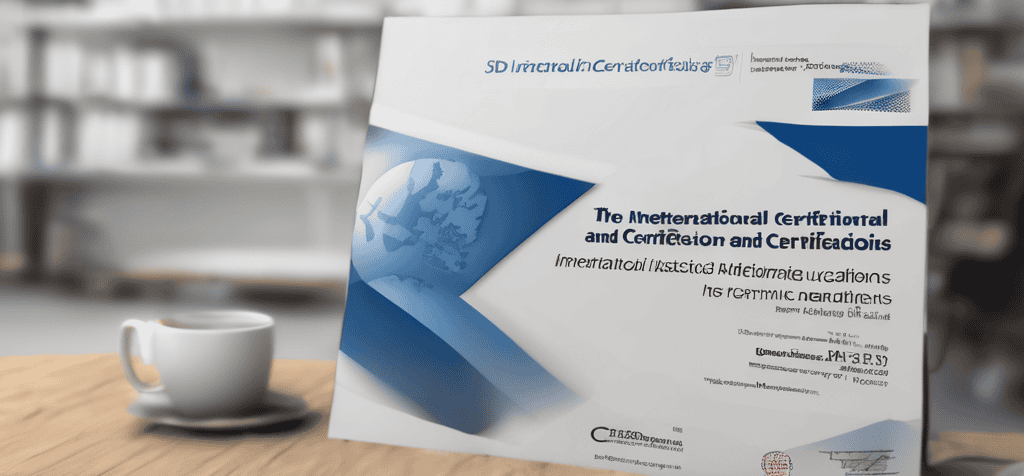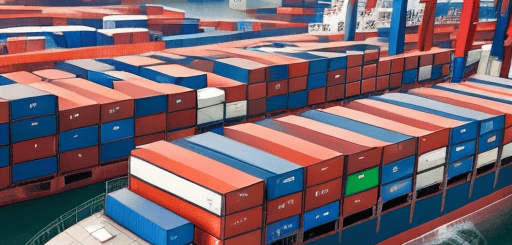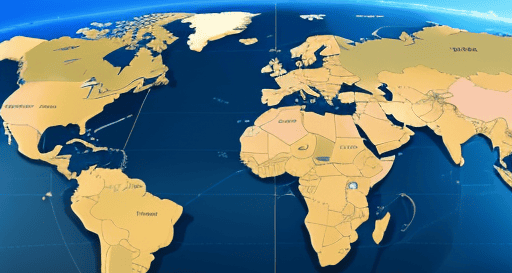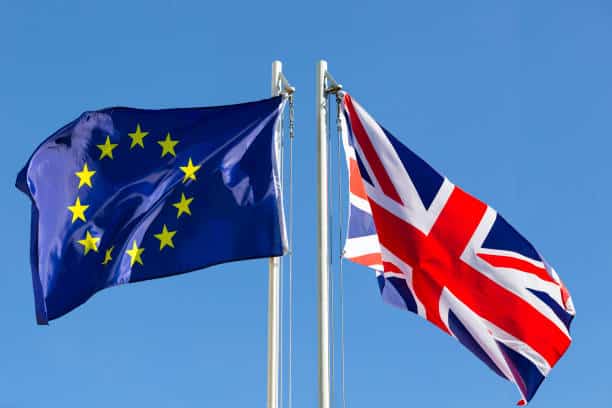Intellectual property rights are essential for fostering innovation, promoting trade, and protecting creativity in the global marketplace. They incentivize investment in research and development, facilitate market access, combat counterfeiting and piracy, enable technology transfer, and support trade relations. Governments, businesses, and international organizations play a critical role in ensuring the effective protection and enforcement of IPRs to promote sustainable economic growth and a thriving global trade ecosystem.
Protecting Innovation and Creativity
Intellectual property rights, including patents, copyrights, trademarks, and trade secrets, provide legal protection for innovative products, artistic works, and brands. They grant exclusive rights to creators and inventors, allowing them to control the use, distribution, and commercialization of their creations. This protection fosters innovation and encourages investment in research and development.
According to the World Intellectual Property Organization (WIPO), global patent applications reached a record high of 3.3 million in 2020, demonstrating the importance of IPRs in promoting technological advancements.
Trade and Market Access
IPRs play a significant role in facilitating trade and market access. They provide a framework for businesses to protect their inventions, brands, and creative works, thereby attracting investment and enhancing competitiveness. Strong IPR protection gives businesses confidence to enter foreign markets, as it safeguards their intellectual assets from unauthorized use or exploitation.
Countries with robust IPR regimes are often preferred destinations for foreign direct investment (FDI) and technology transfers. They attract innovative industries, leading to economic growth and job creation.
Counterfeit Goods and Piracy
One of the major challenges in international trade is the proliferation of counterfeit goods and piracy. Counterfeiting and piracy undermine legitimate businesses, erode consumer trust, and pose risks to health, safety, and national security. Intellectual property rights enforcement is crucial in combating these illicit activities.
The Organization for Economic Co-operation and Development (OECD) estimated that counterfeit and pirated goods accounted for 3.3% of global trade in 2016, equivalent to approximately $509 billion. Effective IPR enforcement is essential to protect industries and consumers from the negative impact of counterfeit trade.
Technology Transfer and Collaboration
Intellectual property rights facilitate technology transfer and collaboration between countries. Strong IPR protection encourages technology holders to license their innovations to firms in other countries, leading to the transfer of knowledge, skills, and technology. This promotes innovation diffusion, enhances productivity, and supports economic development globally.
The World Bank's World Development Indicators show that royalties and license fees accounted for 5.2% of global service exports in 2020, reflecting the importance of technology transfer through licensing agreements.
Disputes and Trade Relations
Disputes related to intellectual property rights can have implications for trade relations between countries. Trade agreements often include provisions for the protection and enforcement of IPRs, promoting a level playing field and fostering trust among trading partners. Failure to comply with IPR obligations can lead to trade disputes, retaliatory measures, or the imposition of sanctions.
Read more views















































































